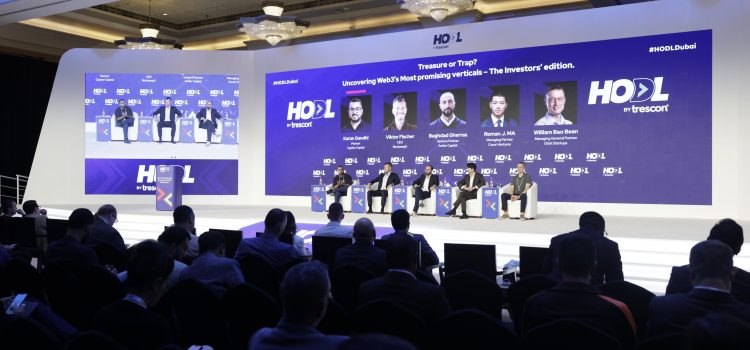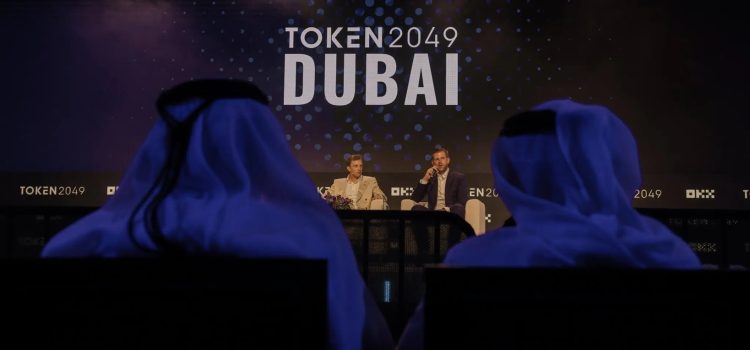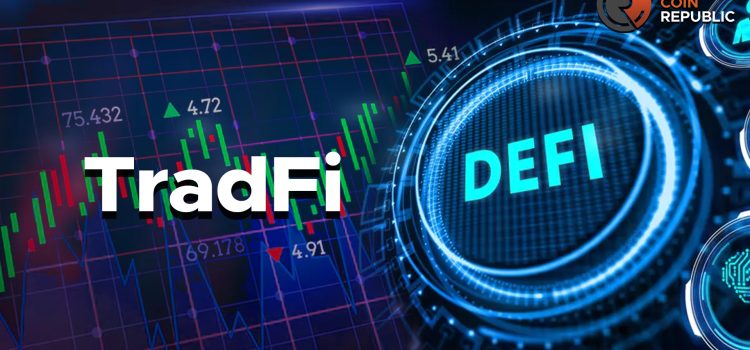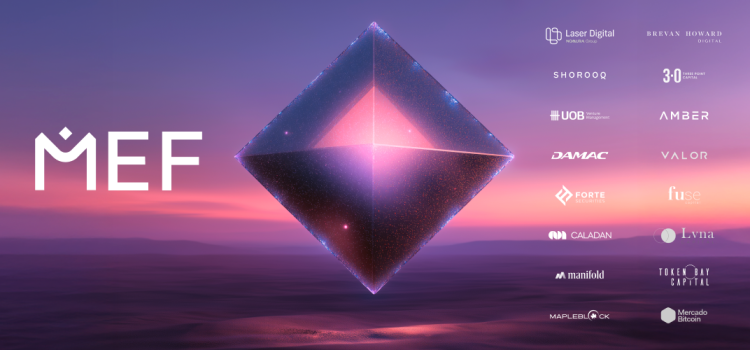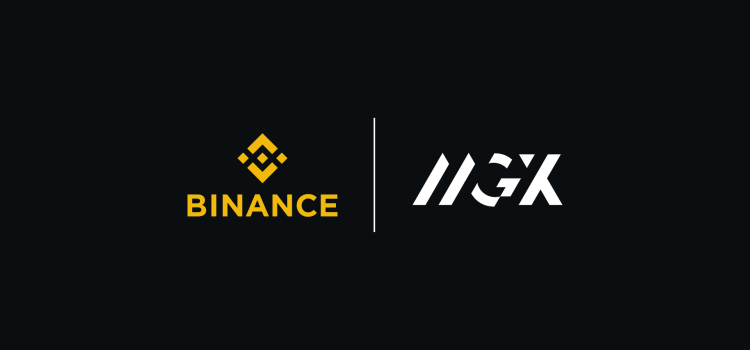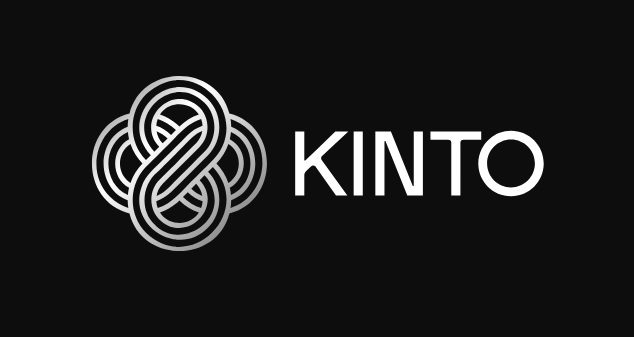
UAE based Akka Finance, the AI Intelligence Layer for Bitcoin DeFi (BTCFi), has received a strategic investment from Core Ventures, the investment arm of Core DAO.
As per the press release, the partnership validates Akka’s mission of leveraging AI to make DeFi easily accessible.
The new investment from Core Ventures joins a strong group of existing backers, including Ahoy Group and XVC Tech. As a portfolio company of KEY Difference Labs, Akka is building the future of Bitcoin-native DeFi by removing complexity and enabling smarter, more intuitive execution for all users.
The investment cements Akka’s role leading the AI revolution in DeFi, starting with the most popular cryptocurrency, Bitcoin. Core Ventures is a mission-driven investor who has deployed more than $1 million with the mission to bring decentralized finance to the Bitcoin blockchain.
Akka Finance launched its super-app in 2024, allowing users to interact with DeFi on ‘beginner mode’. By bringing trading, lending & borrowing and staking into one conversational interface.
Akka has 10,000 users which represent over 30% of the swap activity on the Core blockchain.
As part of its multi-chain rollout, Akka is launching a suite of predictive analytics that will solve the volatility problem endemic to crypto by allowing users to predict crypto prices in advance. The firm has also processed $80 million in transaction volume on Bitcoin DeFi.
By using a conversational interface to solve user problems, Akka’s cross-chain solution bundles numerous functions into one easy to use application. The team prepares to go beyond Bitcoin into other chains, and notes that several other partnerships and integrations are underway.
“Core Ventures’ investment is a powerful validation of our vision to make DeFi accessible to all, and recognizes the fundamental importance of Bitcoin as the most underserved blockchain,” said Ali Khoshnafs, CEO of Akka Finance. “Core is building the most secure, scalable foundation for Bitcoin DeFi, and Akka solves the complexity problem by providing a seamless intelligence layer optimized for all users. Together, we’re unlocking Bitcoin’s trillion dollar potential, making it productive and accessible for everyone.”
Core Ventures shares this enthusiasm for the future of BTCFi. “We back bold ideas that push the boundaries of Bitcoin’s utility in DeFi, and Akka Finance is a perfect example of that innovation,” said a representative from Core Ventures. “Their AI-driven approach aligns with our mission to create a scalable, secure ecosystem where Bitcoin can thrive as a cornerstone of decentralized finance.”
Founded in 2022 in Dubai, Akka Finance harnesses Dubai’s progressive regulatory environment and enjoys the government’s pro-innovation agenda.









